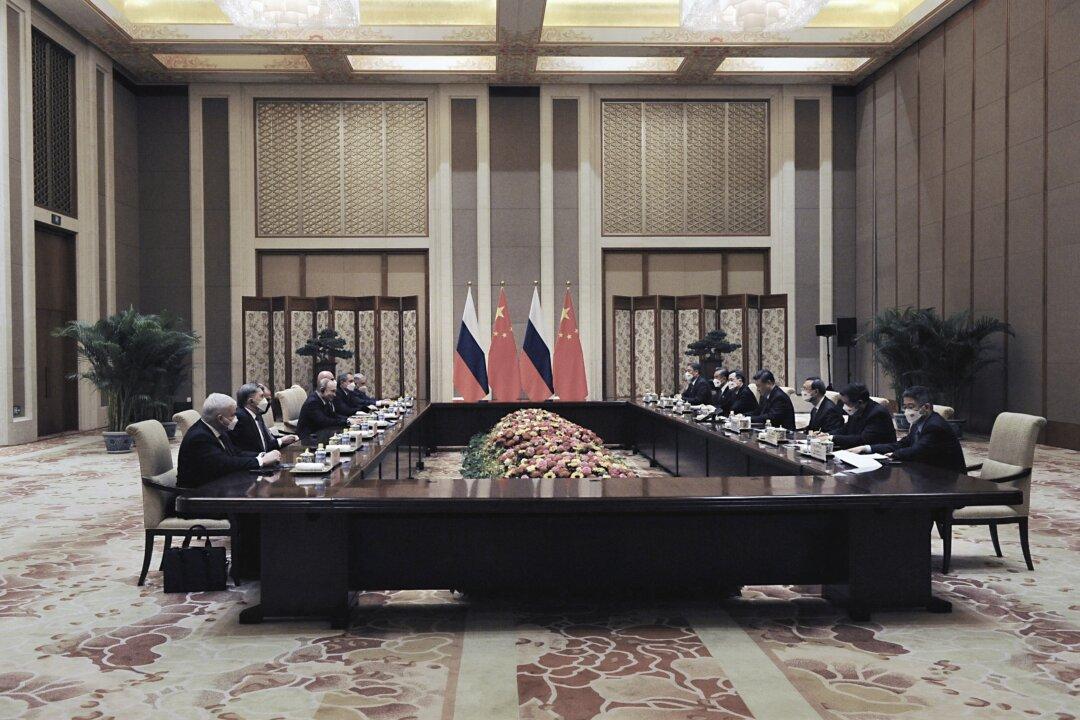Commentary
In the Russian invasion of Ukraine, the Chinese Communist Party (CCP) played the role of a shameful accomplice. The crisis provides a textbook example of why the world should not take the CCP’s promises too seriously.

In the Russian invasion of Ukraine, the Chinese Communist Party (CCP) played the role of a shameful accomplice. The crisis provides a textbook example of why the world should not take the CCP’s promises too seriously.